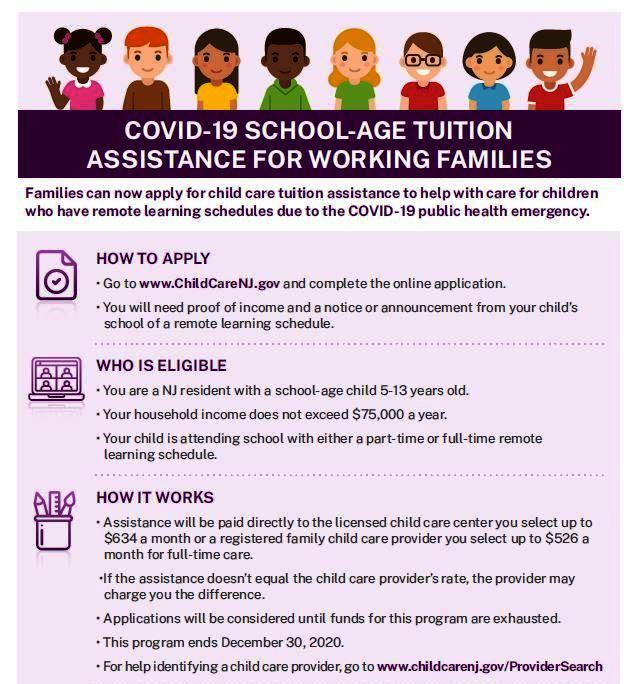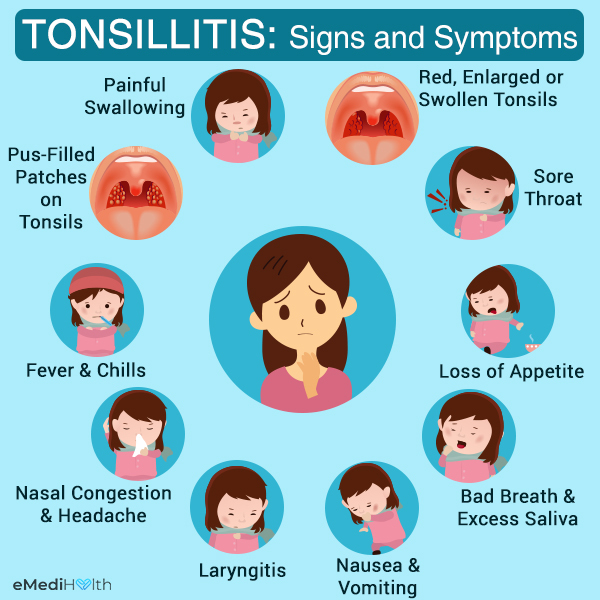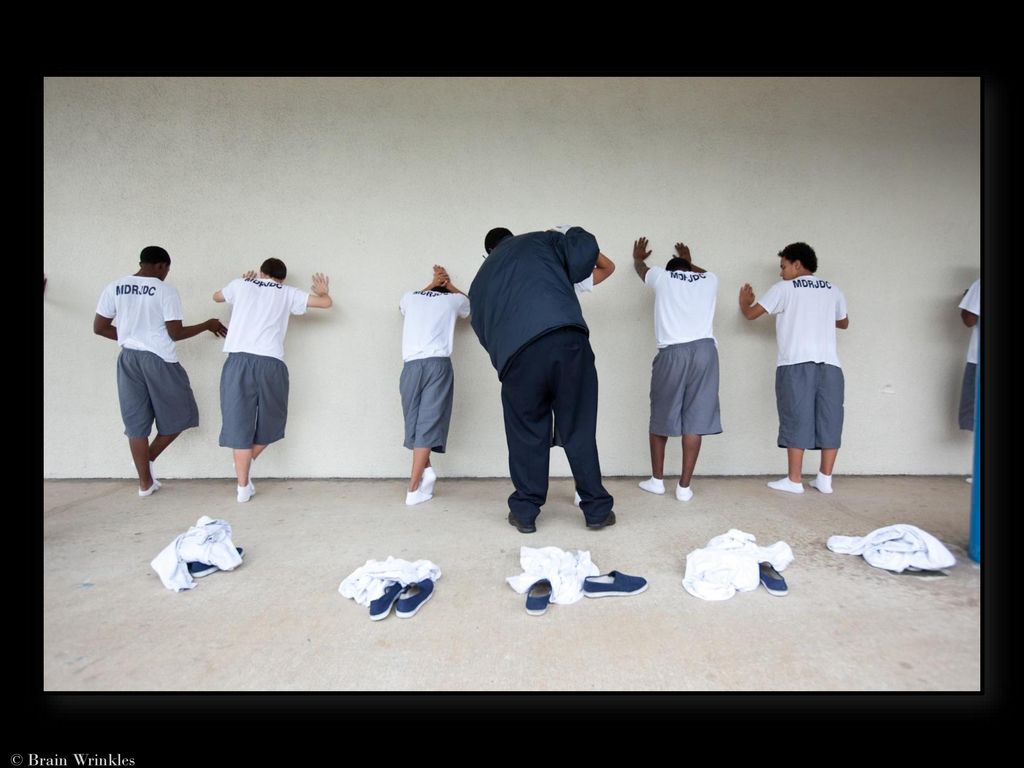How to select a quality child care provider
7 Tips on Selecting a Quality Childcare Provider
Do you know what to look for in selecting a quality childcare provider? Let us help!
We believe an educational approach is key to finding the best childcare service. Our centers focus on Reggio Emilia and S.T.E.A.M. learning programs, which take into account the whole child and provide an outstanding experience for kids of all ages.
Along with a strong educational philosophy, here are 7 tips on selecting a quality childcare provider for your family:
1. Discuss Program PoliciesIt’s important to have a clear understanding of the policies and procedures your childcare provider chooses to implement. Here are the key things to discuss:
- Experience and certification of educational staff
- Staff/child ratio
- Open-door policy for parental visitation
- Medication administration
- Discipline techniques
- Safety/Emergency procedures
Make sure you understand and agree with the childcare provider’s policies. Don’t be afraid to ask questions and require proof of certifications. If the childcare service is reputable, they will gladly share with you their credentials and assure you of best practices.
Quality child care includes more than just babysitting. Through interactive play, focused learning and child-led exploration, the best providers offer daily activities that meet children’s social, emotional and academic needs.
Inquire about daily routines such as:
- Media time
- Snack time
- Rest time
- Outdoor recreation
- Focused learning
- Independent activities
- Group activities
A solid program will have a working routine that is age-appropriate and includes a well-rounded, balanced approach to childcare.
3. Review the CurriculumAs mentioned earlier, an educational approach to selecting quality child care is key.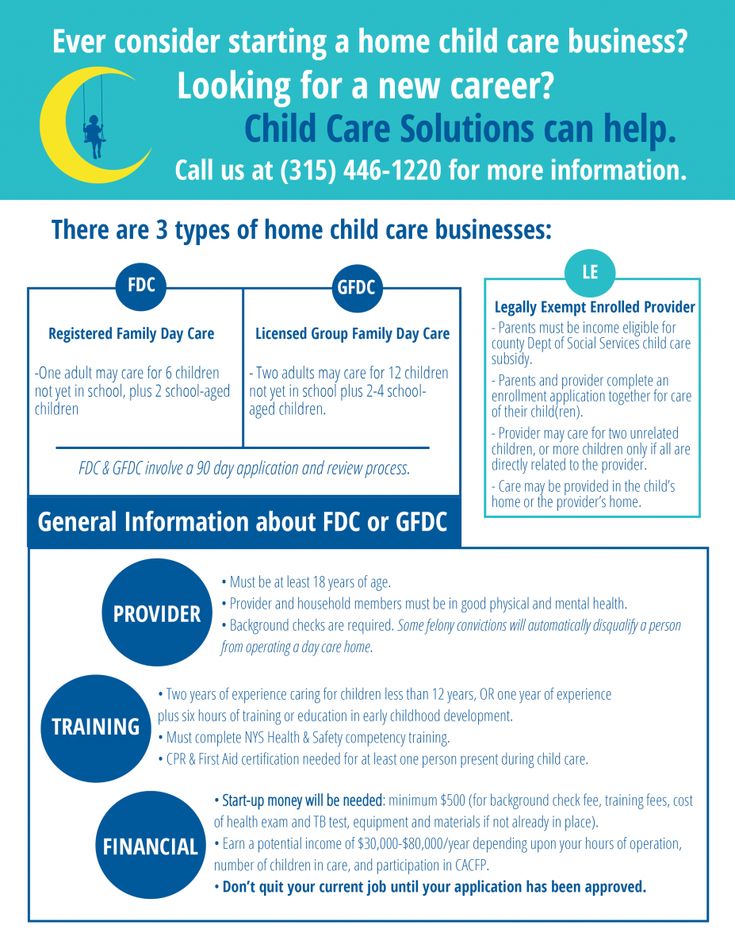 Be sure to review the program’s curriculum and discuss your educational goals with the provider.
Be sure to review the program’s curriculum and discuss your educational goals with the provider.
S.T.E.A.M. models of education include science, technology, engineering, arts and math, and integrate each of these concepts through hands-on, explorative learning activities. The Reggio Emilia approach involves a child’s natural curiosity and invites discovery through hands-on exploration, problem-solving, and interest-driven curriculum.
Find a quality provider that values early childhood education and offers a dynamic curriculum your child will enjoy.
4. Communicate EffectivelyClose communication between you and the childcare provider is an essential part of the selection process. If there are persistent communication gaps, or ongoing unanswered questions, you might want to look elsewhere. Be sure you’re clear on the following:
- Primary means of communication (phone, text, email, etc.)
- Use of emergency contacts
- Problem solving when you cannot be reached
- Updates on your child’s development, behavior and activity
- Weather/Closure updates that are timely and efficient
Quality childcare providers have stellar communication skills and will keep you informed of all necessary information. If you aren’t able to communicate effectively with the provider, take this as a probable sign to move on.
If you aren’t able to communicate effectively with the provider, take this as a probable sign to move on.
Part of selecting the best childcare program is observing the interactions between teachers, aides, staff, peers and your child. Look specifically for these healthy interactions:
- Eye-level communication with your child
- Patient assistance in your child’s learning and development
- Disciplinary actions that address the problem while reassuring your child feels safe
- Encouraging activities to build friendships between children
How your child interacts with others in their childcare environment matters. Find a program that values each person and encourages healthy relationships as part of the learning process.
6. Look For a Clean, Organized EnvironmentSelecting a childcare facility that is clean, tidy and organized should be at the top of your list.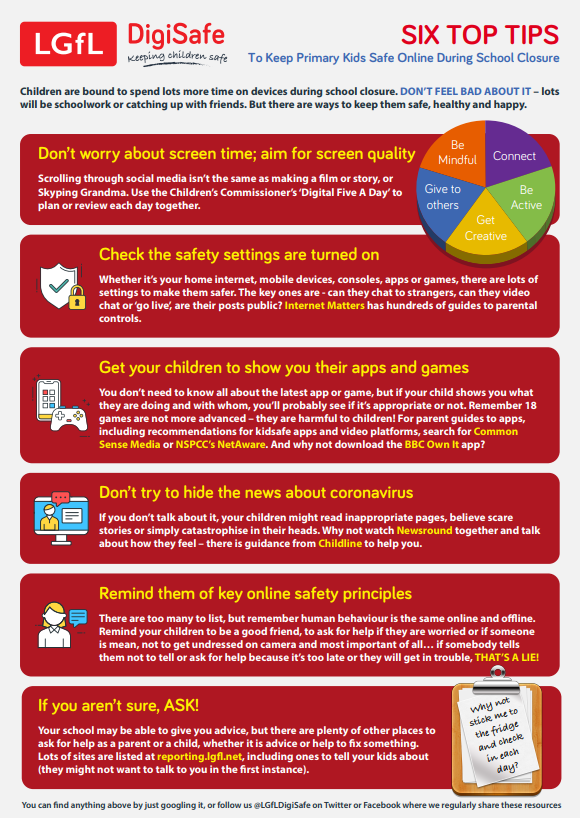 Quality providers make cleanliness a priority and take seriously the practice of routinely disinfecting toys, surfaces, and rooms to ensure a healthy environment. If the childcare facility seems run down, in disrepair, or dirty, it would be wise to reconsider your selection.
Quality providers make cleanliness a priority and take seriously the practice of routinely disinfecting toys, surfaces, and rooms to ensure a healthy environment. If the childcare facility seems run down, in disrepair, or dirty, it would be wise to reconsider your selection.
Here’s a cleaning and disinfecting guide for schools and childcare facilities.
7. Consider Cost and Convenience
While some childcare programs are worth the extra cost or inconvenience of traveling across town, make sure you’re selecting a place that is going to be feasible for your family. Affordable childcare is at the top of the list for most parents, but you don’t want to sacrifice quality.
Meet with the childcare provider to discuss payment options. Ask about payment plans that fit within your budget. Discuss the possibility of increasing tuition and be aware of how and when you’ll be notified of such changes.
Counting the cost of quality child care is essential. By taking a strong educational approach, understanding key policies, and looking for a well-run organized facility, you’ll be sure to find the best childcare program for your family.
Choosing a Child Care Center
Log in | Register
Family Life
Family Life
Center-based care takes place in a location staffed by caregivers. Center-based care has many names—child care center, preschool, nursery school, child development program, or learning center.
Center-based care also may have different sponsors, including churches, schools, colleges, universities, hospitals, social service agencies, Head Start, independent owners and businesses, and employers.
Answers to the following questions may help you in choosing a child care center:
Hours. What are the hours? What if you are late in picking up your child? How are vacations and holidays scheduled?
Fees and services. What is the cost? How are payments made? Are there other services available in addition to child care? Is there an extra cost?
Qualifications and training.
 What education, training, and experience does the child care provider(s) have? Is the child care provider certified in
CPR?
What education, training, and experience does the child care provider(s) have? Is the child care provider certified in
CPR?Discipline. Is the caregiver(s) policy on discipline the same as yours? Center-based care should have a discipline policy.
Communication. How often does the child care provider give feedback about your child? Does the child care provider seem approachable?
Transportation. Are the proper car seats, booster seats, and seat belts used? Center-based care should have a transportation policy.
References. Does the caregiver have current references from parents you can contact?
Policies. The center should have a written policy for each of the following areas: health standards, illness, medication, nutrition, discipline, transportation, media, and outdoor play.

Licensing/accreditation. Is the center licensed or registered with the appropriate local government agencies? Are there any outstanding violations? Is the program currently accredited or in the process of becoming accredited?
Health professional. Is there a qualified health professional, such as a doctor or nurse, for the program? (The national standard recommends that center-based infant-toddler programs should be visited by a health professional at least once a month, and all other child care programs should be visited at least once every 3 months.)
Visiting policy. Can you visit the center before your child is enrolled? If your child is enrolled, can you visit the center anytime it is open? Can you see all the areas that your child will use? Are visitors screened or is their identification checked so that only approved adults can visit the center and pick up children?
Qualifications and training.
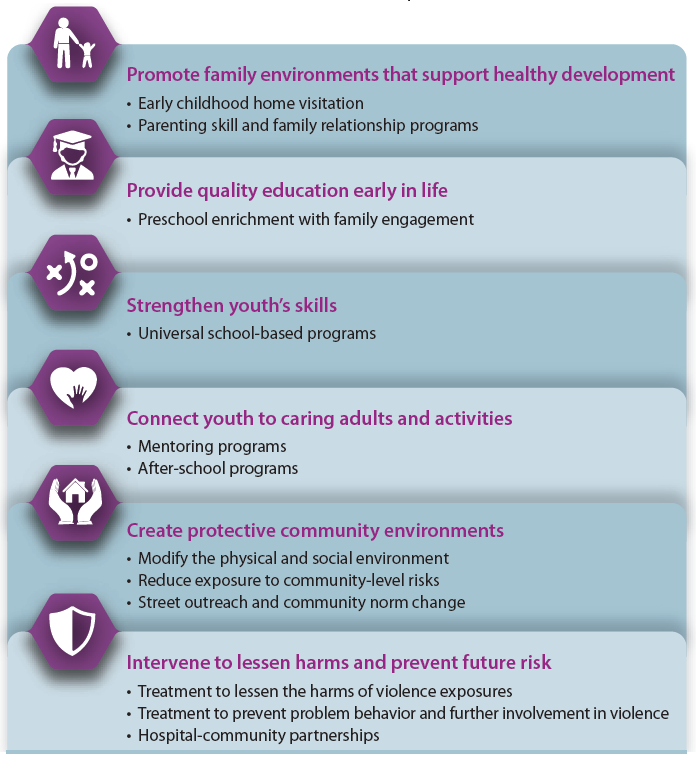 What type of additional training have the staff had during the past year? Do outside experts provide training? How long have the staff worked at the center? How much experience do they have with children of your child's age?
What type of additional training have the staff had during the past year? Do outside experts provide training? How long have the staff worked at the center? How much experience do they have with children of your child's age?Staffing. Are there enough trained adults available on a regular basis? What happens if staff are ill or on vacation? Are children supervised by sight and sound at all times, even when they are sleeping? Are children cared for in small groups? Are activities proper for their age group? Is there a daily schedule? Do the child-staff ratios and the size of groups of children fall within nationally recognized standards? For example, in a room with 4 children aged 13 to 35 months, there should be 1 trained caregiver. In a room with 5 to 8 children aged 13 to 35 months, there should be 2 trained caregivers. There should be no more than 8 children aged 13 to 35 months in a room. (See chart below.)
|
Age | Maximum Child-Staff Ratio* | Maximum Group Size* |
12 months | 3:1 | 6 |
13-35 months | 4:1 | 8 |
3-year-olds | 7:1 | 14 |
4-year-olds | 8:1 | 16 |
5-year-olds | 8:1 | 16 |
6- to 8-year-olds | 10:1 | 20 |
9- to 12-year-olds | 12:1 | 24 |
*As recommended by the AAP.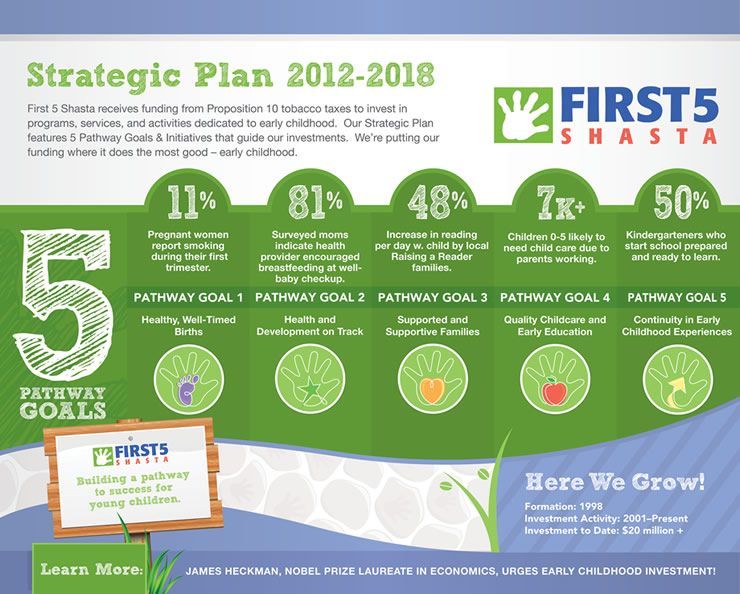
A Checklist To Help Rate Your Choice
"Is This the Right Place for My Child? 38 Research-Based Indicators of High-Quality Child Care" is a checklist put together by Child Care Aware of America (formerly the National Association of Child Care Resource & Referral Agencies [NACCRRA]) that you can use to evaluate child care programs. This checklist is available through the Child Care Aware of America Web site at and available through a link from the AAP's Healthy Child Care America Web site. All of the questions are based on research about what is important to your child's health, safety, and development.
Additional Resources:
- AAP Healthy Child Care America Early Education and Child Care Initiatives
- Child Care Aware of America (formerly National Association of Child Care Resource & Referral Agencies [NACCRRA])
- National Association for the Education of Young Children (NAEYC)
- National Association for Family Child Care (NAFCC)
- National Resource Center for Health and Safety in Child Care and Early Education (NRC)
The information contained on this Web site should not be used as a substitute for the medical care and advice of your pediatrician. There may be variations in treatment that your pediatrician may recommend based on individual facts and circumstances.
There may be variations in treatment that your pediatrician may recommend based on individual facts and circumstances.
Follow Us
Back to Top
How to choose a kindergarten: what is important for parents to know
https://sn.ria.ru/20180214/1514558756.html
How to choose a kindergarten: what is important for parents to know
How to choose a kindergarten: what is important for parents to know - RIA Novosti, 07/25/2018
How to choose a kindergarten: what parents need to know
Choosing a kindergarten is a complex, important and lengthy process. If you plan that your child should start going to kindergarten from September 1 of the current year, RIA Novosti, 02/14/2018
2018-02-14T10:00
2018-02-14T10:00
2018-07-25T11:33
/html/head/meta[@name='og:title']/@content
2 /html/head/meta[@name='og:description']/@content
RIA Novosti
1
5
4.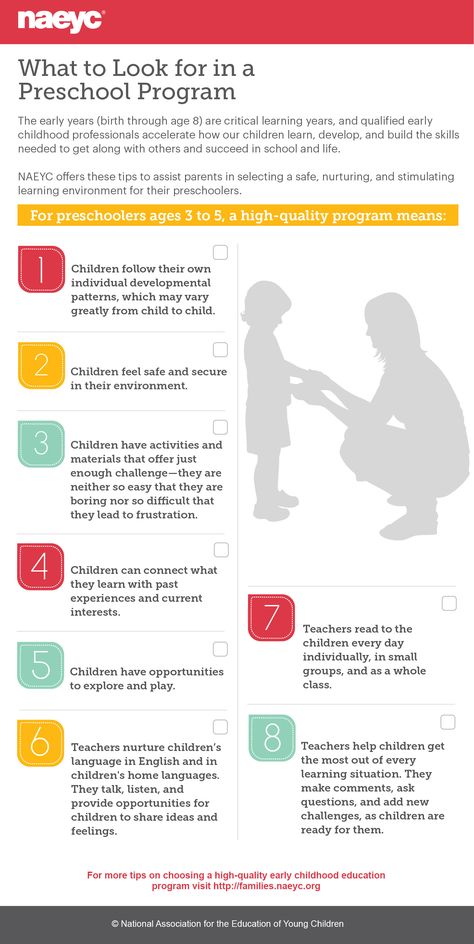 7
7
96
7 495 645-6601
FSUE MIA "Russia Today"
https: //xn---c1acbl2abdlkab1og.xn--p1ai/Awards/
2018
RIA Novosti
1
5
4.7
9000 96
Internet-gran rian.ru
7 495 645-6601
Rossiya Segodnya
https://xn--c1acbl2abdlkab1og.xn--p1ai/awards/
sn.ria.ru/docs/about/copyright.html
https://xn--c1acbl2abdlkab1og.xn--p1ai/
RIA Novosti
1,000 .xn--p1ai/awards/
1920
1080
True
1920
1440
True
https://cdnn21.img.ria.ru/images/132219/81/13221981779_ 1891:1335_1920x0_80_0_0_88ecbec544200d67e9164e4deb872660.jpg
1920
1920
True
RIA Novosti
1
5
4.7
9000
7 495 645-6601 9000
Federal State Unitary Enterprise MIA “Russia Today”
https: //xn---c1acbl2abdlkab1og.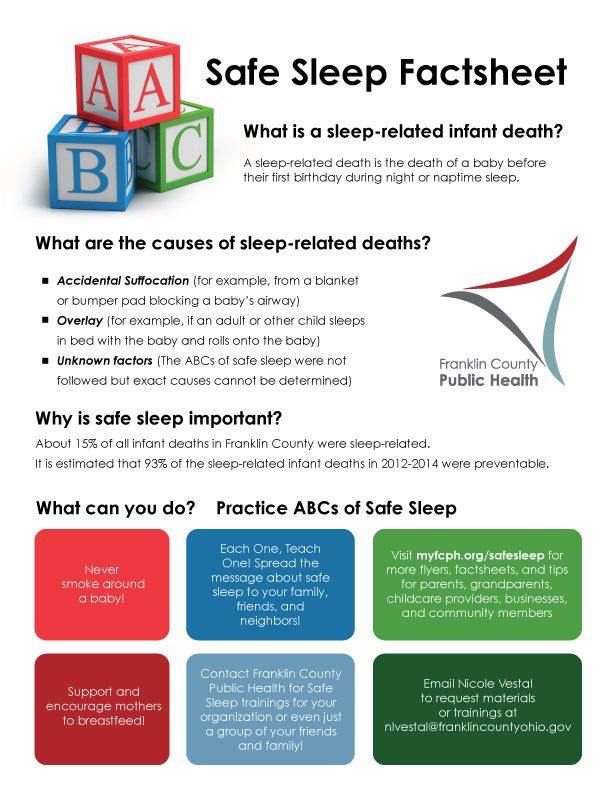 xn--p1ai/Awards/
xn--p1ai/Awards/
RIA Novosti
1
5
4.7
96 9000
7 495 64 64 64 64 64 64 64 64 64 64 64 64 64 64 64 64 64 64 64 64 64 64 64 64 64 64 64 64 64 64 64 64 64 646 646 495 64 64 64 646 646 495 64 64 64 646 64 64 64 64 64 64 64 64 646 646 495 64 64 64 64 64 64 64 64 64 64 64 64 64 64 64 64 64 64 64 64 64 64 64AP
Federal State Unitary Enterprise MIA "Russia Today"
https://xn--c1acbl2abdlkab1og.xn--p1ai/awards/
SN_education, social navigator
SN_education, social navigator
Choosing a kindergarten is a complex, important and lengthy process. If you plan that your child should start going to kindergarten from September 1 of the current year, you must select a suitable preschool institution in advance and submit documents between February 1 and May 31.
"Social Navigator" has prepared a number of general tips that can make it easier for parents to choose a preschool organization. nine0152
At the moment, in large cities, the situation has developed in such a way that the choice of preschool education directly affects the school where the child will be and continue his education.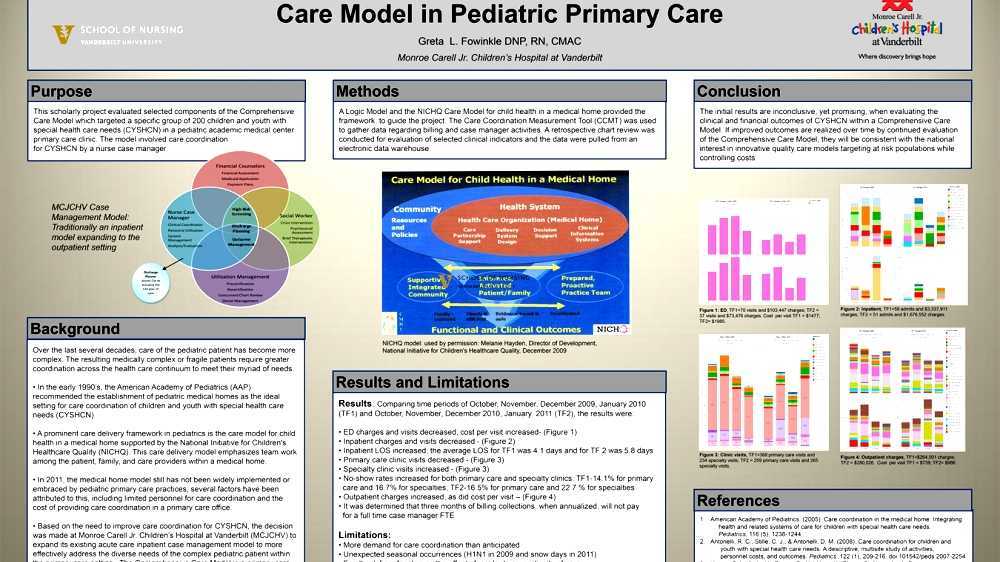 This is primarily due to the fact that many kindergartens are assigned to schools. It’s worth thinking about it now, because the closer to the age when a child should go to first grade, the more difficult it is to find a suitable option.
This is primarily due to the fact that many kindergartens are assigned to schools. It’s worth thinking about it now, because the closer to the age when a child should go to first grade, the more difficult it is to find a suitable option.
Geographic factor
February 6, 2018, 12:45
Kindergartens of Russia - 2017
Of course, all parents start looking for a place for their child from what is within walking distance. This aspect is one of the most relevant when choosing a kindergarten, which is confirmed by the results of the ONF survey. A large distance between the house and the garden will create additional difficulties. This may affect the attendance of children. At the same time, the territorial accessibility of our kindergartens is assessed as high, more than half of the parents get to preschool institutions on foot. Some families who pay special attention to this issue even change their place of residence in connection with the birth of children. nine0003
nine0003
Kindergarten staff
A well-located kindergarten is an important but not a key issue. The most important thing is the staffing. Here you need to pay attention to teachers: do they have a higher pedagogical education, an appropriate (preschool) education. Of course, the human factor cannot be ruled out, you need to try to get to know each other personally, to get to know the future teacher better.
December 15, 2016, 10:00
Kindergartens: strengths and weaknesses of preschool education
It is worth choosing a kindergarten where there is a full-time psychologist. The importance of the constant work of a specialized teacher with your child cannot be underestimated.
You also need to pay attention to the presence of a nurse: in general, the situation here is positive. In approximately 75% of cases, there are people who are ready to provide first aid to children.
There is a staffing problem in the regions: local authorities are fighting queues for kindergartens not at the expense of new buildings, but by increasing the density of groups. Therefore, the number of children in one group can sometimes reach up to 45 people, with an average of 25. Therefore, it is worth choosing the kindergarten where the ratio of teaching staff and support staff (cooks, cleaners) is better in relation to children. nine0003
Education
Next, you should pay attention to the program used by the preschool educational organization. Among the comprehensive programs (covering all five educational areas and aimed at the versatile development of the child's personality) are:
- "From birth to school" edited by N.E. Veraksa, T.S. Komarova, M.A. Vasilyeva.
- "Childhood" edited by T.I. Babaeva, A.G. Gogoberidze, O.V. Sunny
- "Origin" edited by L.A. Paramonova
Of the partial programs (covering one of the educational areas and aimed at the local development of any ability or skill), the most common are: Avdeeva, O.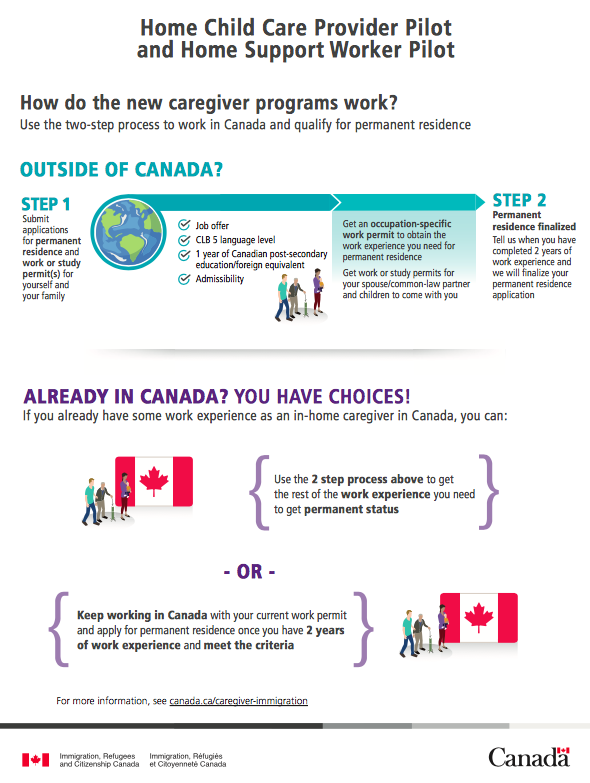 L. Knyazeva, R.B. Sterkin
L. Knyazeva, R.B. Sterkin
The above programs are the most popular and most often used in kindergartens, however, each parent should choose the appropriate education plan for their child individually, based on the child's preferences, strengths and weaknesses. nine0003
Landscaping
May 29, 2017, 12:41
Kindergarten through the eyes of parents: fees, meals, additional services Almost every Russian child attends a kindergarten. This is an important stage in the life of the baby and his parents. What expenses the family bears, how they get to the kindergarten, whether they are satisfied with the nutrition of the preschool child - on the eve of the Child Protection Day, see the infographic of the "Social Navigator" of the MIA "Russia Today".
Also study the kindergarten itself and the organization of child safety. For example, the presence of a fenced area for walking, as well as specially equipped playgrounds. Is there a day guard? Are computers and electronic means used for classes? Such additional services for children as a swimming pool, of course, will be a huge plus. nine0003
For example, the presence of a fenced area for walking, as well as specially equipped playgrounds. Is there a day guard? Are computers and electronic means used for classes? Such additional services for children as a swimming pool, of course, will be a huge plus. nine0003
In conclusion, it should be noted that 71% of parents highly appreciate the condition of the kindergarten where their child studies. The results of the study "Kindergartens of Russia - 2017", made with the support of the Ministry of Education and Science of the Russian Federation, as well as the Institute for the Study of Childhood, Family and Education of the Russian Academy of Education with the support of the "Social Navigator" MIA "Russia Today", can also help you with the search.
How to choose a kindergarten?
Reviewer Kovtun Tatyana Anatolievna nine0003
6557 views
September 15, 2021
Login or register to save articles and products as favorites
Even if you are still far from kindergarten, you should start choosing it at least a year before admission. And you yourself know that you need to queue up for kindergarten immediately after the birth of your baby, we are sure of this.
And you yourself know that you need to queue up for kindergarten immediately after the birth of your baby, we are sure of this.
Select location
And you should start with this: walk around your microdistrict and conduct reconnaissance on the ground. The kindergarten is not a school, and its main task is not to educate the baby, but to create optimal conditions for his development, including social development. Well, unload your hands and time. Therefore, the first criterion for choosing a kindergarten is its location. The closer it is to home, the better. Judge for yourself: the first time, while the adaptation takes place, you will need to pick up your beloved child after an hour and a half (later - after 2-3 hours) of his stay in the garden. If the road to the house takes 20-30 minutes, it will be quite difficult. In addition, the closer the kindergarten is to the house, the higher the likelihood that familiar children will be in the group with you - friends with whom you walk together on the playground or in the nearest park.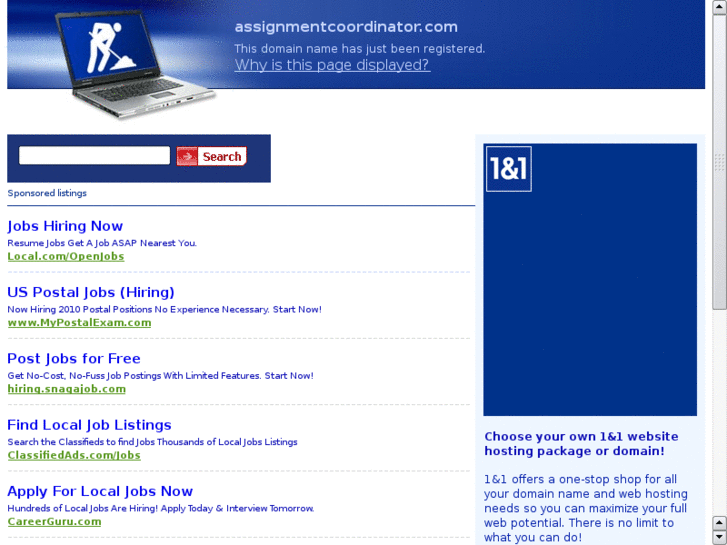 nine0003
nine0003
Sometimes it is more convenient to choose a kindergarten according to the degree of proximity not to the house, but to the place of work of the parents. Indeed, if mom and dad work, their schedule is fixed and there is no one to take the child away, except for them, then it is more logical to look for a garden closer to work. Then you don’t have to constantly ask for time off and run away early in order to have time to pick up the baby before the kindergarten closes. But be prepared for the fact that the child will be very tired of the long road.
As a rule, a kindergarten is still a closed institution, and anyone is not allowed to go there. However, all gardens have open days. And your task is to go through the maximum number of nearby kindergartens. nine0003
We communicate with the staff
Be sure to meet with the principal and the nurse, get to know the child psychologist, and communicate as closely as possible with the caregivers who will recruit the nursery group in the year your baby is supposed to enter it.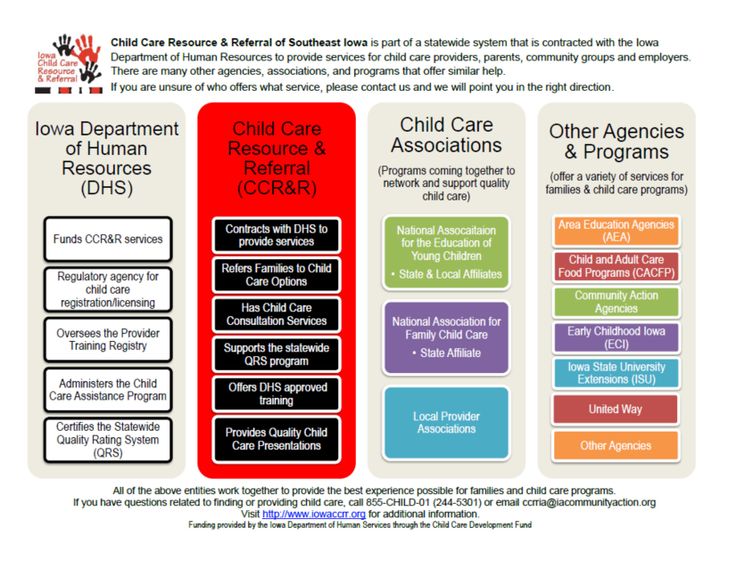
It should be noted here that in some kindergartens, teachers take children to a nursery and lead them to school. And in other kindergartens, teachers can change every year. From the point of view of child psychology, the first option is preferable: it is easier and more comfortable for children. nine0003
Good teachers or good facilities?
Evaluating a garden in terms of equipment is almost pointless. Naturally, it should not be in emergency condition, everything should be clean and tidy. However, if in one garden there is a swimming pool and the newest playground, but you didn’t like the teachers, and in another, the same hall functions as both sports and music, but the teachers are caring and attentive, like a second mother, then you yourself understand, it is better to give the child to where he will be loved. nine0003
A well-equipped kindergarten does not guarantee you an excellent relationship with your child. Look not at how the corridors are decorated and how many toys are in the group, but at how the gardeners communicate with the children and with each other.
Garden kitchen
When choosing a garden, pay attention to such an important factor as cooking. If the kindergarten has its own catering unit and food for children is prepared on the spot, and imported food is not warmed up, this is an indisputable plus. Armed with a medical book, you can come to such a kitchen and take a daily sample and even observe the unloading of products, evaluating their quality. nine0003
Group type
In addition, be sure to ask if the nursery will be of a combined type (that is, children of different ages will be gathered into it) or if there will be children of only one age in it.
Activities with children
The presence of additional classes in the kindergarten is also important. So, in one kindergarten, only care and supervision is carried out for children, while in another, children in older groups are taught to read, write, and count - and they leave the kindergarten ready for school. nine0003
You can find out this only from educators and mothers of children attending a particular kindergarten.
In some gardens there are paid services: classes with a speech therapist, dancing, drawing. In the first year of visiting the kindergarten, this does not matter much, but at 5-6 years old you will want to enroll your child in different circles. It is very convenient if they are all in one place.
Now many kindergartens are combined into complexes together with schools and lyceums. If you are already planning the future of your child and aiming for a particular school, then it makes sense to take a closer look at the pre-school division of the educational institution you have chosen. In this case, you will not need to sign up for the so-called "preparations", which are now paid everywhere, and try to get into an additional list. Children attending the kindergarten at the school are automatically included in the main list and have an advantage in admission to the first grade. nine0003
Kindergarten expenses
No matter what they say in the garden and no matter what financial checks are arranged, there is always a parent committee and help to the kindergarten, which consists in buying toys, didactic materials, minor repairs, and so on.